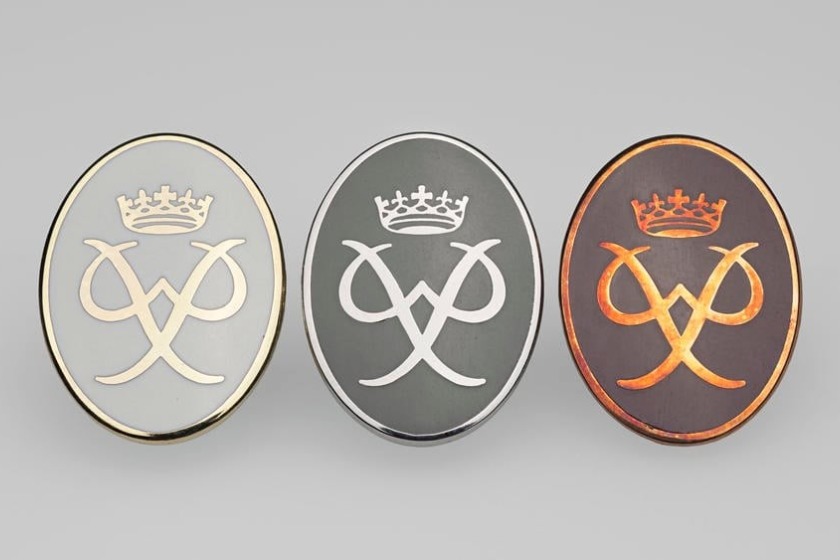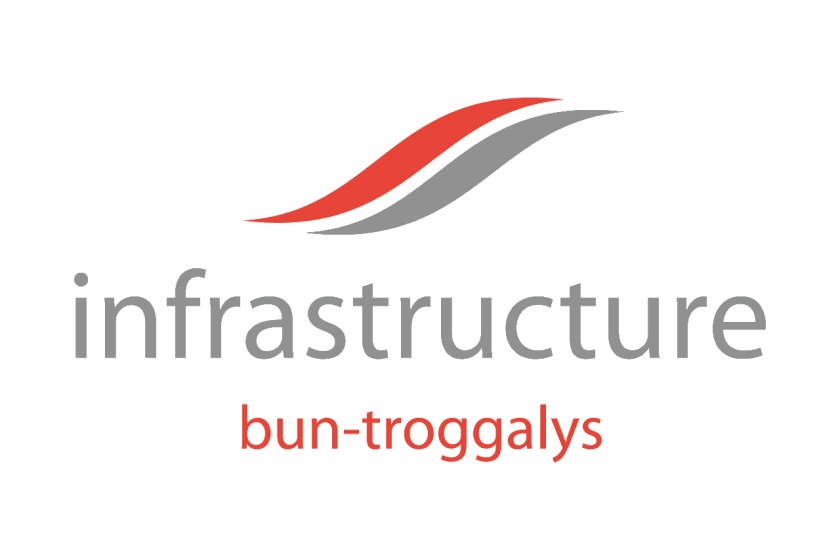Tue, 21 Nov 2023
The Isle of Man Steam Packet Company (IOMSPC) has released details of the offer made to Nautilus Union in order to provide further clarity to the public about the negotiations regarding live aboard becoming the norm throughout the Company’s fleet.
The offer to the Union from IOMSPC includes 6 additional days of leave – taking the total to 42 days of annual leave and rest and 23 weeks per annum off rotation.
Crew are paid for 52 weeks of the year.
The full statement from IOMSPC is below:
“Manxman provides high-quality accommodation for all officers and crew on the muster list. The muster list is an intrinsic part of the ship’s safety management system and requires all crewmembers to be on board at all times. Even during periods of rest, crew are required to be on board in case of emergency. This is common practice in the marine industry.
Beyond complying with the safety management system, living aboard makes the Company much more flexible and resilient, including giving it the capability to undertake true day trip sailings to Liverpool in the winter and operate sailings around weather to reduce the number of cancelations.
As previously stated, Ben-my-Chree in its current mode is unable to operate outside the current schedule, including the ability to make daytrips to Liverpool. This is because of the steaming time and the need to return to its home port approximately 12 hours after leaving Douglas to comply with hours of rest regulations. Manxman, or Ben-my-Chree post-live aboard conversion, will be free from those limitations.
As the Company recognises the accepted working practice on Isle of Man Steam Packet Company vessels since 2005 has been for crew to spend their hours of rest ashore - due to lack of accommodation facilities aboard - it has offered a generous package of compensation for serving on its new flagship Manxman and Ben-my-Chree once it is converted to live aboard standards.
The offer to the Union includes 6 additional days of leave – taking the total to 42 days of annual leave and rest and 23 weeks per annum off rotation. Crew are paid for 52 weeks of the year.
Crew would be required to work a maximum of approximately five months of the year on board under the latest proposals.
The Company does not recognise the Union’s claim of 70-80 days fewer with loved ones per year. Periods ashore between shifts are not leave, but are for rest and sleep. For UK-based crew this has meant a stay in hotel accommodation in Douglas, or in rented accommodation, whilst waiting between shifts. Under the live aboard arrangement, this rest will be taken on board.
It must also be emphasised that crew are not expected to serve solely on live aboard vessels, even under the revised terms and conditions. Manannan will be a day vessel for the remainder of its service and crew will continue to work morning or afternoon shifts and live ashore while serving on Manannan.
As previously published, there is also a sliding scale 5% live aboard bonus on offer, payable for time worked on board a live aboard vessel. The bonus decreases by 1% per annum over five years.
The Company has also been at pains to reiterate to the Union that it will try to accommodate any officer with genuine reasons requiring them to be at home on a daily basis, including engaging with MIRS or ACAS to help arbitrate individual cases. So far only one application has been received in relation to this offer.
During recent negotiations the Company felt progress had been made on all points and resolution appeared to be close. A four point strategy seemed to have been agreed in principle with Nautilus Union. However, as far as the Company is aware, Nautilus Union has not presented this plan to its members. Instead, new demands, including two weeks of additional annual leave and an equal period of rest were presented 20 hours before giving notice to ballot for industrial action.
The Company acknowledges the decision of Nautilus Union to move to balloting members regarding industrial action. The Company hopes, for the benefit of the Isle of Man and the travelling public, that a decision to take industrial action can be avoided and – as a team – the focus can be brought back to delivering the future of reliable, sustainable and high-quality lifeline services.”
 Fri, 29 Dec 2023
Fri, 29 Dec 2023
 Fri, 29 Dec 2023
Fri, 29 Dec 2023
 Fri, 29 Dec 2023
Fri, 29 Dec 2023
 Fri, 29 Dec 2023
Fri, 29 Dec 2023
 Fri, 29 Dec 2023
Fri, 29 Dec 2023
 Thu, 28 Dec 2023
Thu, 28 Dec 2023
 Thu, 28 Dec 2023
Thu, 28 Dec 2023
 Thu, 28 Dec 2023
Thu, 28 Dec 2023
 Wed, 27 Dec 2023
Wed, 27 Dec 2023